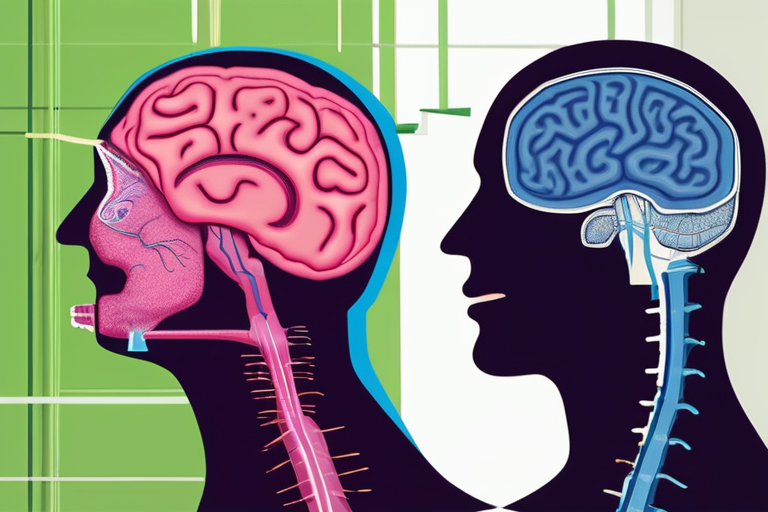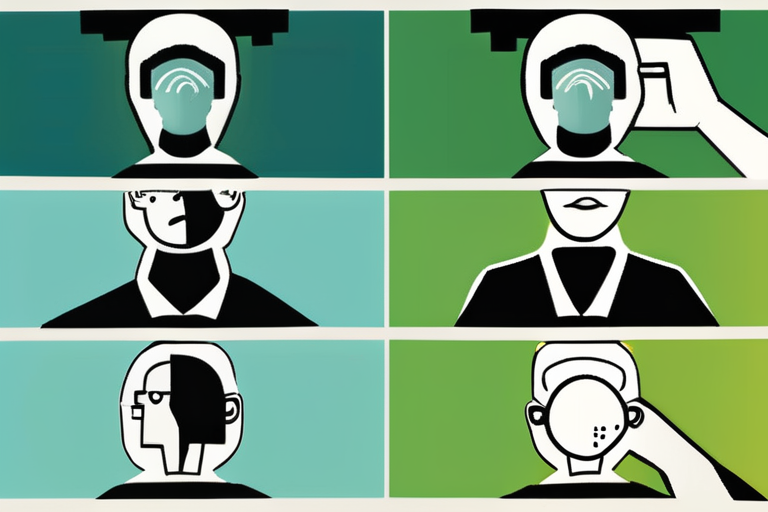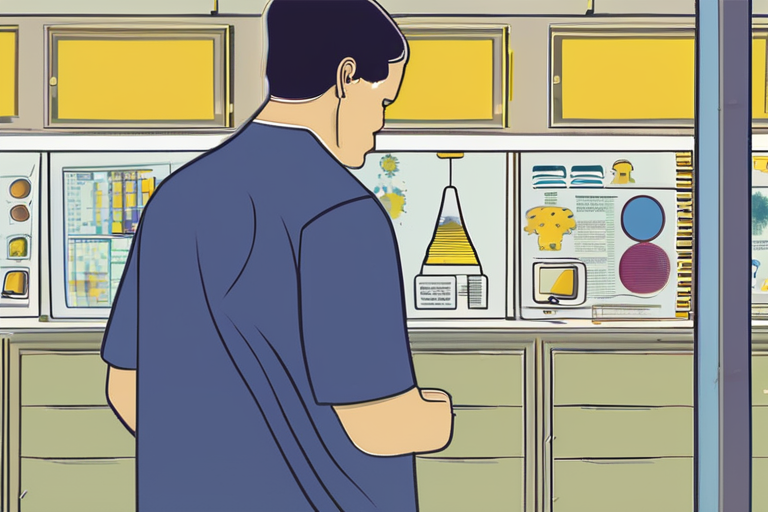Autism May Be the Price of Human Intelligence: New Research Suggests
A groundbreaking study published in Molecular Biology and Evolution by Oxford University Press has shed new light on the evolution of human intelligence, revealing that autism may be a byproduct of our species' cognitive advancements. According to researchers, the rapid evolution of specific neurons in the outer brain and changes in autism-linked genes under natural selection may have slowed brain development in children while boosting language and cognition.
The study's lead author, Dr. Emma Taylor, notes, "Our findings suggest that autism is part of a trade-off that made humans so cognitively advanced. In other words, as our brains evolved to become more complex and capable of supporting language and abstract thought, we may have paid the price with an increased risk of autism." Dr. Taylor's team analyzed genetic data from over 1,000 individuals and found that autism-linked genes changed rapidly in response to natural selection.
Autism Spectrum Disorder (ASD) affects approximately one in 31 children in the United States, according to the Centers for Disease Control and Prevention (CDC). Globally, the World Health Organization estimates that ASD affects about 1% of the population. While the exact causes of autism remain unknown, researchers have long suspected a genetic component.
The study's implications are significant, as they suggest that autism may be an evolutionary adaptation rather than a disorder. Dr. Taylor explains, "Our findings challenge the traditional view of autism as a defect or a disease. Instead, we see it as a natural consequence of human evolution." This perspective shift has important implications for how we approach autism research and treatment.
Dr. David Amaral, senior scientist at the MIND Institute at the University of California, Davis, comments on the study's significance: "This research highlights the complex interplay between genetics and environment in shaping brain development and function. It also underscores the importance of considering the evolutionary context when studying human behavior and cognition."
The study's findings have sparked a lively debate among researchers and clinicians about the nature of autism and its relationship to human evolution. While some experts welcome the new perspective, others caution that more research is needed to fully understand the implications.
As Dr. Taylor notes, "Our study provides a new framework for thinking about autism, but it also raises many questions. We need to continue studying this complex phenomenon to better understand its causes and consequences." The researchers plan to build on their findings by exploring the genetic mechanisms underlying autism and investigating potential therapeutic applications.
The study's publication marks an important milestone in our understanding of human evolution and the complex interplay between genetics, environment, and brain development. As we continue to unravel the mysteries of autism, one thing is clear: the relationship between human intelligence and autism is far more nuanced than previously thought.
Background:
Autism Spectrum Disorder (ASD) is a neurodevelopmental disorder characterized by difficulties in social interaction, verbal and nonverbal communication, and repetitive behaviors. The exact causes of autism remain unknown, but research suggests that genetics play a significant role.
Context:
The study's findings are part of a growing body of research exploring the evolutionary origins of human cognition and behavior. Recent studies have shed light on the evolution of language, social complexity, and brain development in humans.
Additional Perspectives:
Dr. Amaral notes that the study's implications extend beyond autism research to our understanding of human evolution as a whole. "This research highlights the importance of considering the evolutionary context when studying human behavior and cognition," he says.
The study's findings have also sparked debate among clinicians about the potential benefits and drawbacks of viewing autism as an adaptation rather than a disorder.
Current Status and Next Developments:
The researchers plan to build on their findings by exploring the genetic mechanisms underlying autism and investigating potential therapeutic applications. Future studies will aim to clarify the relationship between autism and human evolution, with implications for our understanding of brain development, cognition, and behavior.
In conclusion, the study's groundbreaking findings challenge our traditional view of autism as a disorder and instead suggest that it may be an evolutionary adaptation. As researchers continue to unravel the mysteries of autism, one thing is clear: the relationship between human intelligence and autism is far more nuanced than previously thought.
*Reporting by Sciencedaily.*



 Hoppi
Hoppi

 Hoppi
Hoppi

 Hoppi
Hoppi

 Hoppi
Hoppi

 Hoppi
Hoppi

 Hoppi
Hoppi











